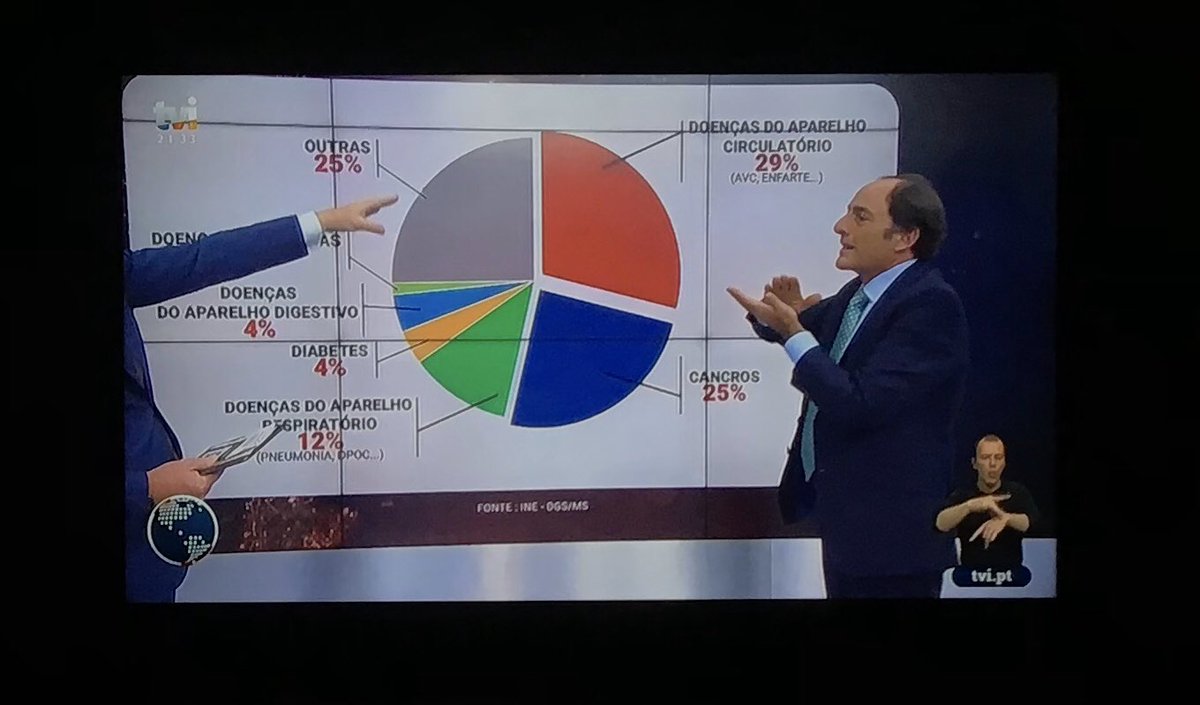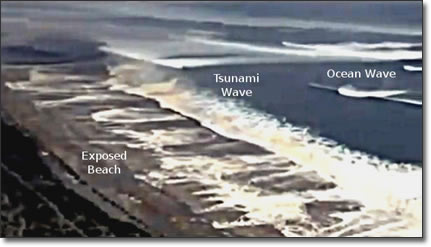Nestes tempos de quarentena teremos, mais tarde ou mais cedo, de aportar a uma nova realidade e os sobreviventes terão de criar um novo normal onde terão de viver:
"Even before birth, we begin adapting to the environment in which we find ourselves. We learn its rules. We unconsciously take actions that help us avoid danger. But a catastrophic experience can undermine all that learning. Once we’re safely beyond the shipwreck, the husband, the crocodile, we try to return to normal life. But there is no normal anymore.E este pormaior:
...
The amygdala is not in the Rational Department. It doesn’t care that, at times, its responses might make no sense. The emotional system can’t allow you to think about your reactions. That takes too much time. If you stop to think, you’ll be eaten. So it’s tuned for instant reaction.
...
The system is driven by natural selection. If it gets you to survive long enough to reproduce, it gets passed on. It doesn’t care that it might make you miserable in certain circumstances.
...
in dealing with the aftermath of trauma, it’s important to realize that we don’t get over it. We get on with it.
...
It is well known that what you do with the body deeply influences the way you think and feel. If you act strong, you feel stronger. If you act happy, you feel happier. If you move your facial muscles into an imitation of a smile for a time (say, by biting on a pencil), you gradually start to feel better.
...
How well a person does after a crisis has a lot to do with the attitude and personality she has developed over a lifetime. Eileen was lucky. Her focus, optimism, and capacity for hard work combined with her inborn tendencies and created a person who could take something really bad and turn it to her advantage. Several years later, looking back at the events of her life, Eileen reflected on how the experience had helped her reinvent herself.
...
Rather than letting her experience define her life, she came to regard it as "a platform for growth."
...
Survival is a vision quest. At first your emotions may be all over the place—panic, denial, anger. If you exhaust the rage pathway, you may fall into despair. But if you’re going to survive, the rational brain must take over. Yet logic alone won’t work: Reason and emotion must cooperate for correct decisions to emerge. For emotion is the realm of intuition and inspiration, essential helpmates in surviving. Survival requires entering what might be called a state of grace.
.
Those who survive waste little time whining. We’ve all met people who are constantly blaming others or outside forces for their troubles. They do not make good survivors.
...
The survivor also does not stop trying; he always does the next thing.
...
The survivor faces the requirement of monumental, sometimes superhuman, efforts. Trying to fathom them could arouse strong emotions that could disrupt thinking. So he breaks those tasks down into manageable steps and completes them one by one. He has the future in mind, but he doesn’t think too far ahead. He concentrates his efforts in the moment. In doing the things he must do, he is organized and meticulous.
...
those who do survive often go through a dramatic transformation. Many survivors have said the same thing: They suffered horribly, but they wouldn’t give up the experience they had for anything in the world."
"How well a person does after a crisis has a lot to do with the attitude and personality she has developed over a lifetime. Eileen was lucky. Her focus, optimism, and capacity for hard work combined with her inborn tendencies and created a person who could take something really bad and turn it to her advantage. Several years later, looking back at the events of her life, Eileen reflected on how the experience had helped her reinvent herself."
















%2006.21.jpeg)












